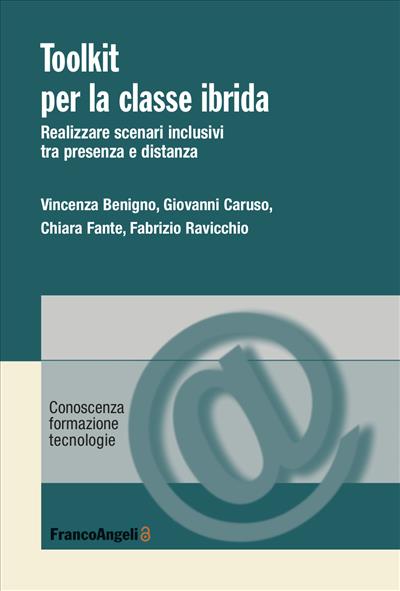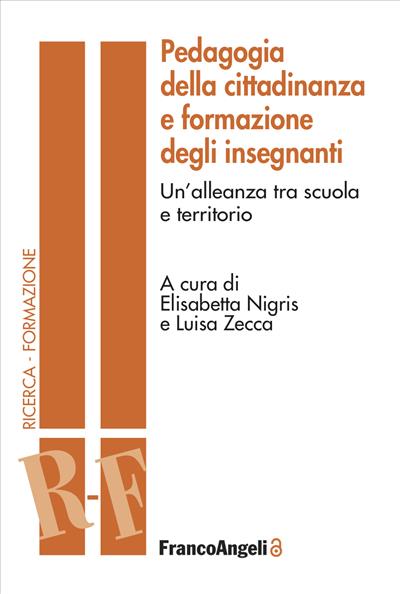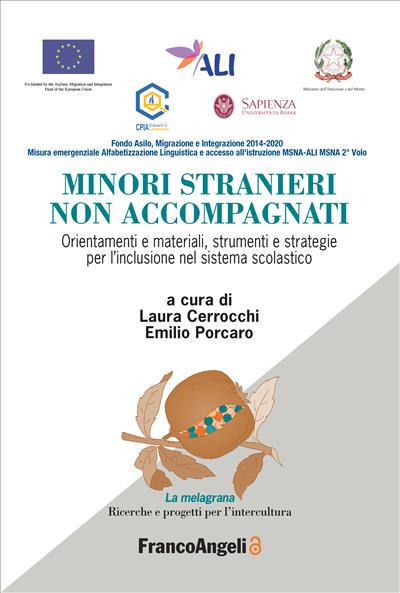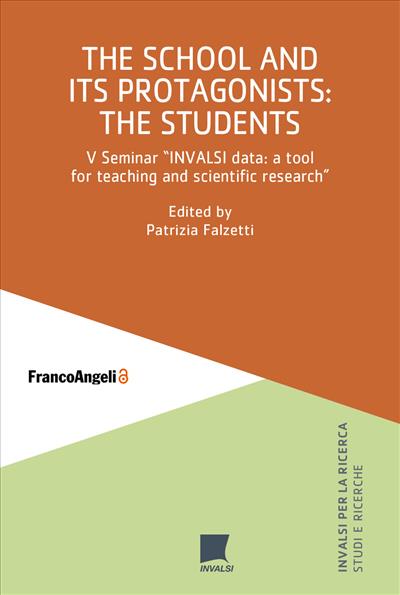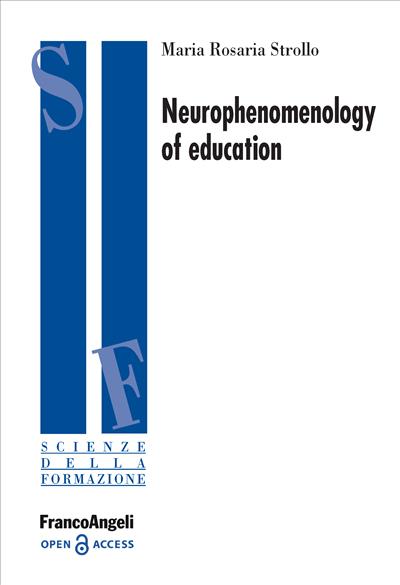
Neurophenomenology of education
The book aims to present an action-research carried out with teachers and educators at University of Naples “Federico II”: through the research and its results, it is possible to analyze the nexus and the connections between phenomenology and cognitive sciences, in the training of the educators, relating to the reflection about the category of intentionality in an educational key. The data gathered are analyzed in a comparative way to find out indications and directions to follow about the enactive implicit and co-evolutive dimensions of the training of the facilitators and educators.
Open Access
0,00
Open Access
0,00
Pagine: 120
ISBN: 9788891793997
Edizione:1a edizione 2018
Codice editore: 10292.4
Informazioni sugli open access
